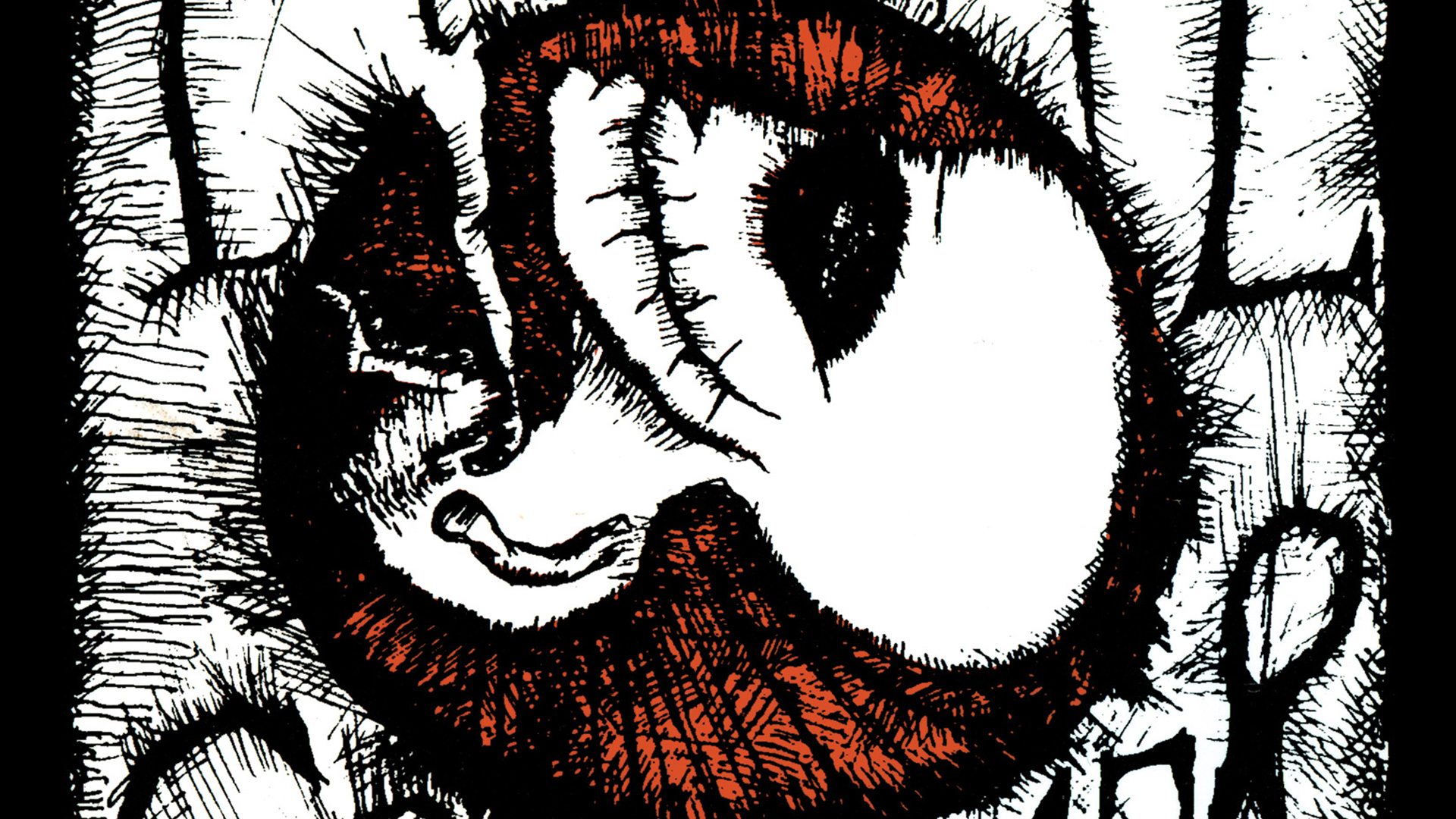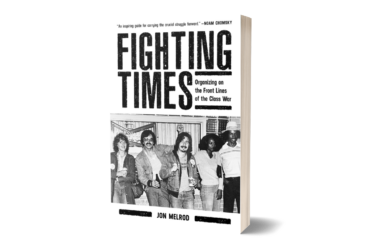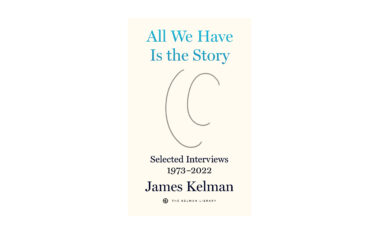
With Electric Picnic this weekend, here’s our list of rock ‘n’ roll fiction to get you in the mood, from Don DeLillo to Iain Banks
By Sarah Gilmartin
The Irish Times
September 4th, 2015
The Commitments: Decades before the phenomenon of self-publishing, a young Irish writer believed in his novel about a soul revivalist band enough to publish it himself with the help of a £5,000 loan AddThis Sharing ButtonsShare to FacebookShare to TwitterShare to Email App

Great Jones Street (1973), Don DeLillo
A surreal account of the counter-culture music scene in seventies New York, Don DeLillo’s third novel tells the story of burned-out rock star Bucky Wunderlick. Named after a street synonymous with music and drugs in the NoHo district of Manhattan, Great Jones Street sees Bucky hole up in an unfurnished apartment as he contemplates his fame and misfortune. Infiltrated by a domestic terrorist organisation and force-fed drugs that destroy the language centres of the brain, Bucky becomes a gibbering mess as various skinheads rifle his apartment and steal his unreleased album.
The Commitments (1987), Roddy Doyle
Decades before the phenomenon of self-publishing, a young Irish writer believed in his novel about a soul revivalist band enough to publish it himself. With the help of a friend and a £5,000 loan from the bank manager, Roddy Doyle brought out The Commitments. Or as Doyle’s website puts it: “So one day he said, ‘Fuck it, I’ll do it myself.’ His first-year English class didn’t really know what he meant but, still, they cheered.” Set in northside Dublin, the book follows the efforts of music fanatic Jimmy Rabbitte and his two friends as they go about setting up a band by placing an ad in a local paper that reads: “Have You Got Soul? Then Dublin’s hardest working band is looking for you.”
Crazy Heart (1987), Thomas Cobb
Bad Blake is a stone-cold drunk who embodies the ugly side of the country and western music scene. Brought to life on screen by Jeff Bridges in the 2009 film adaptation, Blake is a talented musician who wasted his chances and lives with bitterness about the success of his peers. After abandoning his family decades before for a life on the road, Blake is facing down his sixties alone. His path-to-redemption story begins when he meets journalist Jean Craddock and her little boy Buddy. Tutored by the postmodernist writer Donald Barthelme at the University of Houston, Cobb sought advice on whether to use a downbeat or upbeat ending for Blake’s story.
Espedair Street (1987), Iain Banks
Seen it all, done it all, played it all and suicidal by 31? Smells like rock and roll. The Scottish writer’s fourth novel tells the story of the former bass guitarist of the fictional band Frozen Gold. On the brink of killing himself by jumping from the cliffs into “the tall, glittering seas beyond Iona”, Dan Weir decides instead to write a memoir documenting his chaotic decade in the drug- and booze-fuelled seventies music scene. From rags to riches, to tragedy and the demise of the band, Weir hides his identity as he writes from his reclusive base in ’80s Glasgow. Borrowing from the histories of Pink Floyd, Fleetwood Mac and Fish, the former frontman of Marillion, Espedair Street mixes fiction with rock journalism to spin its engaging tale.

The Primal Screamer (1995), Nick Blinko
A musician, lyricist and artist, Blinko is best known as the lead singer of the British punk-rock band Rudimentary Peni. Using his experiences to pen a semi-autobiographical gothic horror novel about mental distress and punk rock earned him a nomination on the Booker longlist. The Primal Screamer is told in the form of journal entries from the therapist of disturbed musician Nathaniel Snoxell. Themes of madness, suicide and anarchist punk set in the squats and psychiatric institutions of early eighties England. A light beach read.

The Gangster of Love (1996), Jessica Hagedorn
Best known for her novel Dogeaters, the Filipino-American author uses her own life as inspiration for a fictional account of two Filipino siblings who emigrate to the States in the ’70s. The sister, Rocky, forms a band called The Gangsters of Love while trying to adjust to her new home. Hagedorn herself fronted a rock band for 10 years after her family moved from Manila to San Francisco. An artist interested in avant-garde performance, Hagedorn explores the use of poetry, music and playwriting throughout the novel.

The Exes (1998), Pagan Kennedy
A pioneer of the 90s ’zine movement, the American columnist and author Pagan Kennedy has written 10 books across a variety of genres. Music, love and messy aftermaths are central to her second novel about an up-and-coming Boston band who name themselves for their past heartbreaks. Told from the perspectives of the various band members – a devout Muslim who begins her career as the bassist for a lesbian punk band, a rock snob with lots to say but little talent, a drummer who’s had a nervous breakdown – this sharp and funny book offers a window into the indie music scene as the band gains a reputation and starts to tour.

The Ground Beneath Her Feet (1999), Salman Rushdie
Rushdie’s sixth novel is a retelling of the Orpheus and Eurydice myth that replaces the lyre of the Ancient Greek legend with rock music. The plot centres on the love of two men – the narrator Umeed “Rai” Merchant and Ormus Cama – for the same woman, Vina. Rushdie, an avid rock and pop fan, brings music to life for the reader in a sprawling backdrop where East and West are brought together. The book’s title comes from a song that Ormus composes for Vina, the lyrics of which were subsequently adapted and recorded by U2.
Rebecca Rocks (2013), Anna Carey
The third novel in journalist Anna Carey’s Rebecca series sees Rebecca bring her band Hey Dollface to a music summer camp in north Dublin. As they dream of becoming “total rock stars”, Hey Dollface must first take on their local nemesis, a gang of mean boys known as the Crack Parrots. A musician herself, Carey writes well about performance anxiety and the difficulties in putting aside time in daily life for practice. While music is central to the book, themes of friendship and sexual identity elevate the story and make it an unusual and important book in young adult Irish literature.
The Thrill of it All (2014), Joseph O’Connor
Named after a Roxy Music song, Joseph O’Connor’s most recent novel, and current Irish Times Book Club choice, looks at the rise and fall of an aspiring rock band. Formed in the grim climate of eighties Luton, the story of Ships in the Night is told as a memoir by the band’s guitarist Robbie Goulding. Goulding is a second-generation Irishman at college at Luton Polytechnic when he meets the charismatic and self-destructive singer Fran Mulvey, a Vietnamese orphan brought up in Thatcher’s Britain. Rundown venues, uninterested crowds and shabby studios give way, eventually, to global success. This is pop fiction based on pop fact – with appearances from Patti Smith and Elvis Costello among others – and as such, there’s only one way for Ships in the Night to go once they reach the top.





